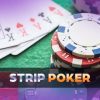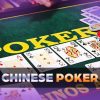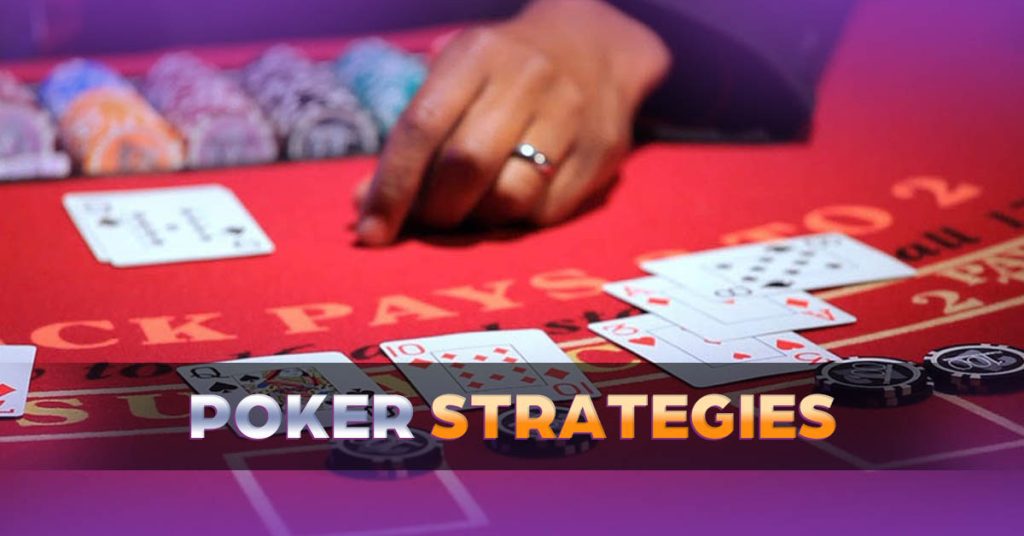

Poker, a game enjoyed both in digital realms and physical tables, is distinguished by its varied and intricate set of rules. These guidelines, predominantly established in the United States during the latter half of the 19th century and the early decades of the 20th century, form the backbone of the game’s numerous variants fo rocketplay6. Let’s learn more about them with 24hscore.
While these poker variants share a common structure in their gameplay, understanding the full complexity of a poker match requires a deeper dive. Key elements include recognizing the different hand rankings that determine the game’s outcome, the number of betting intervals in each game, the specific distribution of cards to each player, and the actions taken during the intervals between betting rounds. Each of these aspects contributes to the rich and strategic nature of poker, making it a game of skill, psychology, and chance.
Key Strategies for Excelling in Poker
1. The Art of Gauging Opponent Behavior
Succeeding in Poker often hinges on your ability to discern the intentions and confidence of your adversaries. Closely observing their gestures, facial expressions, and betting habits can reveal much about the strength of their hands. Minute signals, like a fleeting grimace or a moment’s hesitation in betting, can unveil their true sentiments. Developing this discernment is a process that requires patience and sharp observation, yet it can significantly bolster your winning prospects.
2. The Importance of Positional Awareness
Understanding your position relative to the dealer and other players is crucial in Poker. It influences your strategy for each hand, as it dictates your turn in the betting sequence. Being in a ‘late’ position, for example, allows you to observe the actions of others before making your move, offering a strategic advantage. Conversely, playing from an ‘early’ position requires more caution, as many players follow you. Positional play is a nuanced aspect of poker strategy that, when mastered, can dramatically improve your gameplay.
3. Bluffing: A Double-Edged Sword
Bluffing, the act of deceiving opponents about the strength of your hand, is a pivotal poker technique. Effective bluffing can compel competitors to fold, even when you’re holding a weaker hand. However, its success hinges on timing and understanding your opponents’ tendencies. While a well-timed bluff can be a game-changer, overusing this tactic can backfire, undermining your credibility at the table. Striking the right balance in bluffing is essential for maintaining unpredictability and gaining an edge.
4. Navigating Pot Odds and Equity
A proficient Poker player must grasp the concepts of pot odds and equity. Pot odds are the ratio of the potential winnings to the bet required to stay in the game. This knowledge helps in making decisions about whether to call, fold, or raise. Equity, on the other hand, refers to the share of the pot you expect to win, given the strength of your hand. Understanding equity allows you to assess the profitability of a hand and make strategic decisions that enhance your long-term success. Balancing these two factors is key to making informed choices and maximizing your winnings.
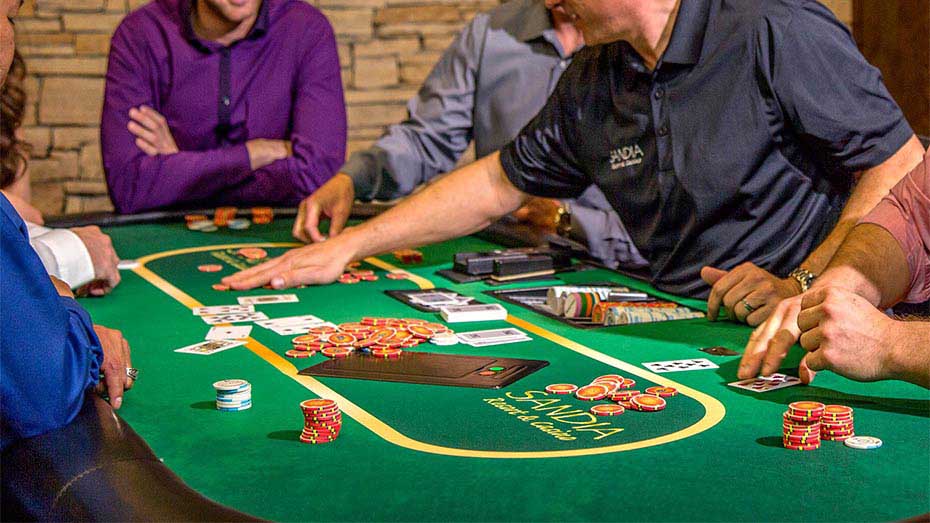

6. The Art of Choosing Winning Hands
In the realm of Poker, the initial selection of hands plays a pivotal role in shaping your success. Savvy players understand the balance between engaging in too many rounds and missing out on lucrative opportunities. The key lies in embracing a diverse array of hands with a higher likelihood of yielding profits. Strong starting hands, such as pocket aces and high-value pairs, lay a solid foundation. Additionally, suited connectors and smaller pairs hold their merit under specific scenarios, making them valuable in your hand selection arsenal.
7. Steering Clear of Emotional Play
One critical skill in Poker is the ability to remain unswayed by frustration or anger. This emotional state, often referred to as ’tilt’, can lead to impulsive and irrational decisions at the poker table. Recognizing the onset of tilt – whether triggered by a challenging loss, a series of defeats, or an aggravating round – is crucial. When emotions threaten to overshadow judgment, it’s wise to pause, step back, and recalibrate your mindset. Maintaining composure ensures that your decisions are driven by strategy and logic, rather than fleeting emotions.
8. Deciphering Opponents’ Betting Behaviors
Attuning to the betting behaviors of fellow players is a strategic advantage in Poker. Each player has a distinctive approach to betting, which often reflects the strength of their hand and their tactical intentions. Aggressive betting may indicate a strong hand for some, while others may opt for a more reserved demeanor. Observing these patterns aids in making informed decisions, such as when to call, raise, or fold. Additionally, recognizing these patterns can help you discern bluffs or weaknesses in your opponents’ strategies. Close attention to betting habits can become a powerful tool in manipulating the dynamics of the game to your favor.
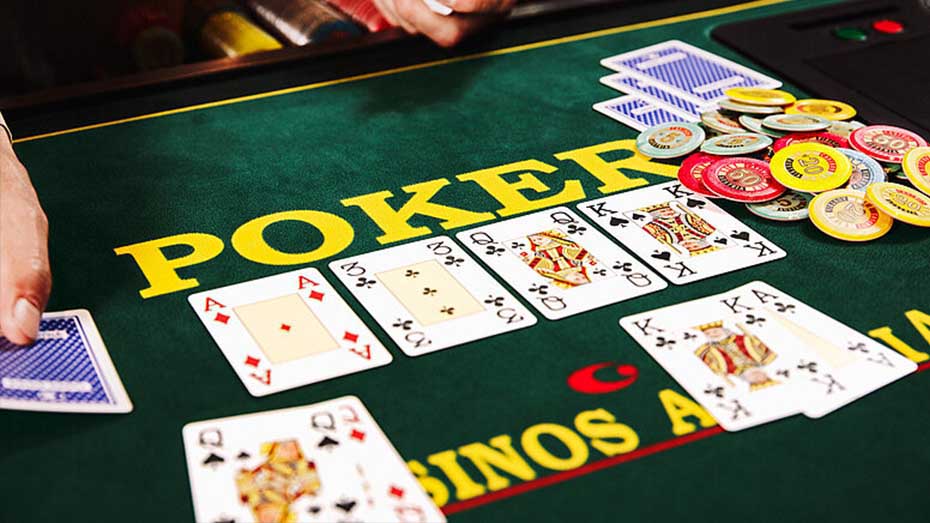

9. Switching Gears
When playing Poker, learning when and how to change strategies can make a big difference. Switching gears means changing your style of play carefully during a game to throw your opponents off. For example, if you have been playing tight and safe, becoming bold all of a sudden can catch your opponents off guard and lead to bigger wins. On the other hand, if you’ve been playing too strongly, changing to a more careful style can help you avoid being taken advantage of by opponents who are paying attention. The key is to be unexpected and change your game plan based on how the game is going and how your opponents are playing.
10. Folding with Grace
To be a good Poker player, you need to know how to fold with class. Even though it may be tempting to hold on to a hand in hopes of a miracle, it takes discipline and strategic thought to know when to fold. Accepting that a hand isn’t worth playing and folding gracefully keeps you from making mistakes that cost you money and save your money for better chances. You should never fold because of your feelings, your ego, or because you don’t want to feel like you lost. Instead, try to make smart decisions based on the strength of your hand and how likely it is to get better. When you fold with class, you show that you are mature and in control, which are very valuable traits in the competitive world of Poker.
11. Playing Your Opponent, Not the Cards
In Poker, the most important thing is to play your opponent, not the cards. Even though the cards you have are important, it can be even more helpful to know how your opponents usually play. You can learn about their hands and plans by watching what they do and reading their tells. With this information, you can make moves that are smarter than what your own cards can do. For example, if you think your opponent is lying, you might raise with a weaker hand or fold a strong hand if you think they have a better one. In the exciting game of Poker, you need to be flexible and pay close attention to your opponent so you can take advantage of their weaknesses and profit from their mistakes.


12. Adapting to Table Dynamics
Any Poker player who wants to do well in different game settings needs to be able to adapt to how the table works. Every Poker table is different, with a different mix of people and ways of playing. To adapt to the way each table works, you have to be flexible and pay attention. You also have to constantly evaluate the changing situations and change your plan accordingly. For example, if you’re at a table with a lot of aggressive players, being tighter and more careful can help you escape fights that aren’t necessary. On the other hand, if everyone at the table is playing tight, you might want to be bold to take advantage of their caution.
13. Taking Advantage of Online Poker Tools
Online Poker tools have become a must-have for serious players who want to get a leg up in the virtual world. These tools have useful features that can help you play better and make better decisions. Tracking software, for example, keeps track of how your opponents play, so you can look at their patterns and change your plan to match. Also, hand history trackers give you detailed information about how you play, which helps you figure out your skills and weaknesses. Having these online Poker tools can give you an edge over other players, especially in the fast-paced and full-of-data world of online Poker.
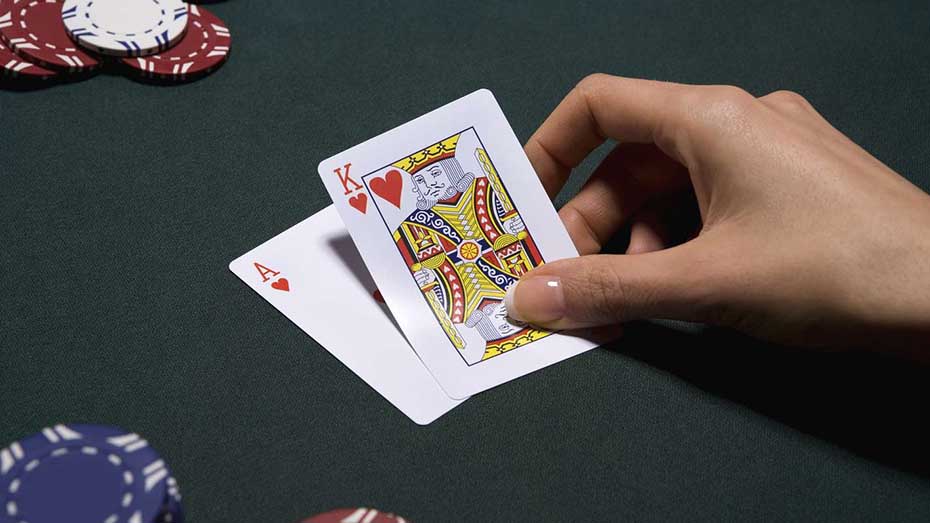

FAQs
The most crucial Poker strategy is reading your opponents’ tells. This skill allows you to gain insights into their hands and make better decisions.
Bluff when you have a credible chance of convincing your opponents that you have a stronger hand than you actually do.
Yes, online Poker platforms offer various tools to assist players. Familiarize yourself with them and use them judiciously to enhance your gameplay.
Conclusion
It takes a combination of strategic belief, emotional control, and intelligent observation to become a skilled poker player. Implementing these strategies used by poker professionals in your game will help you become a better player overall and increase your chances of winning to the top. Keep in mind to read the competition, handle your bankroll carefully, and never stop learning from your mistakes. You’ll eventually master the game of Poker with patience and practice.
